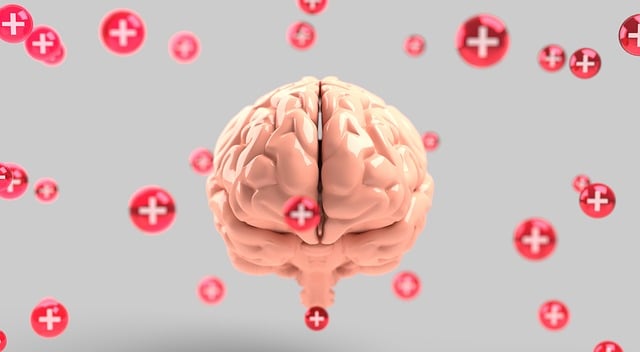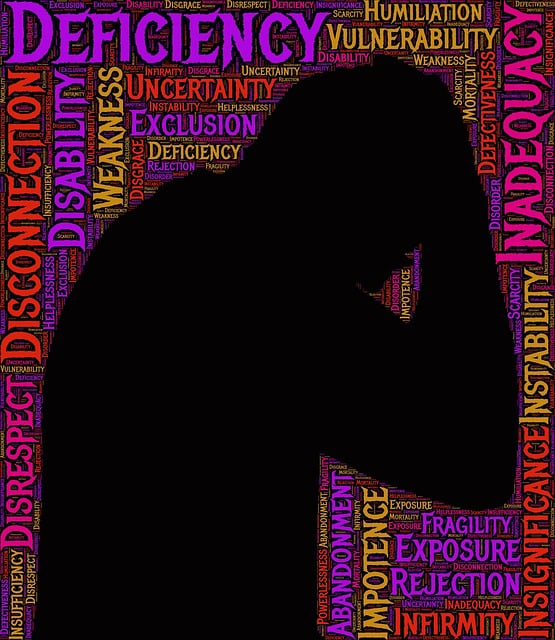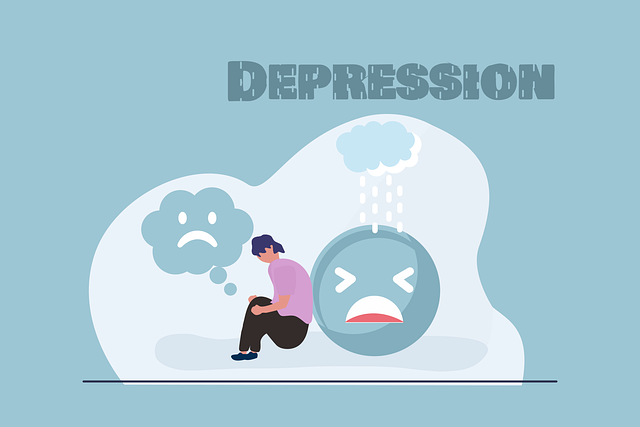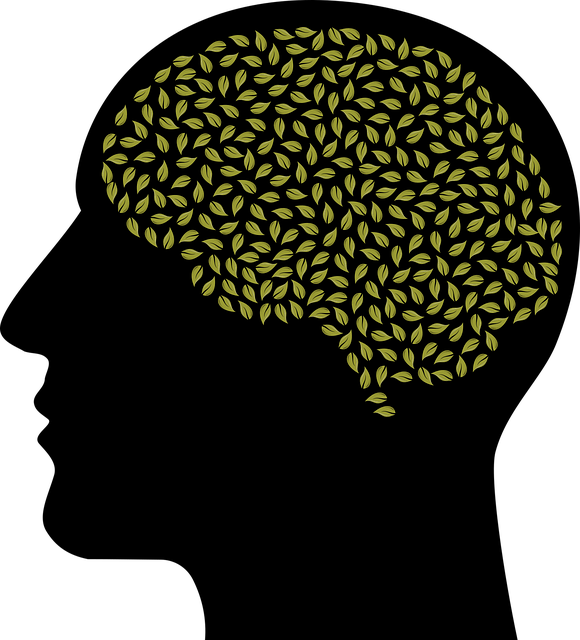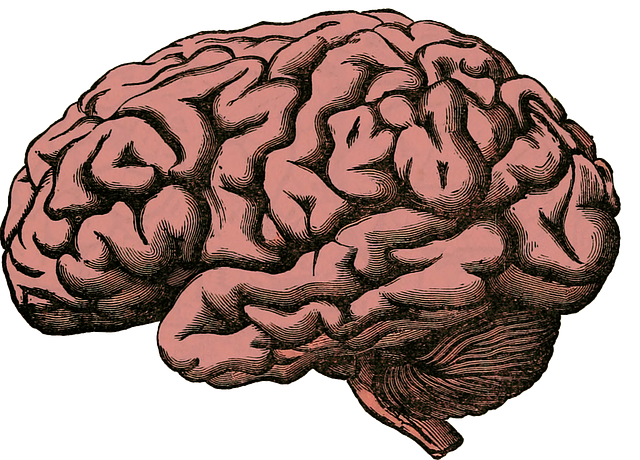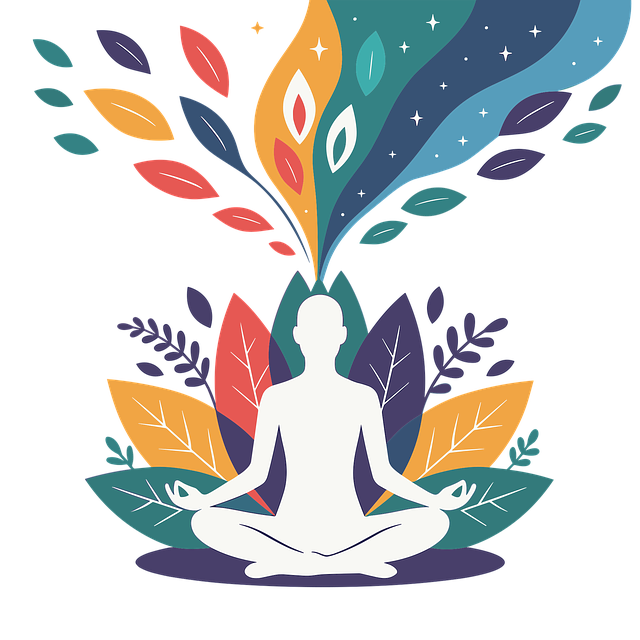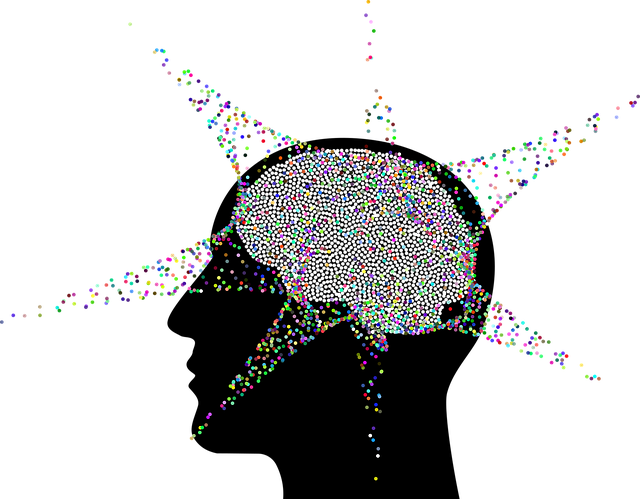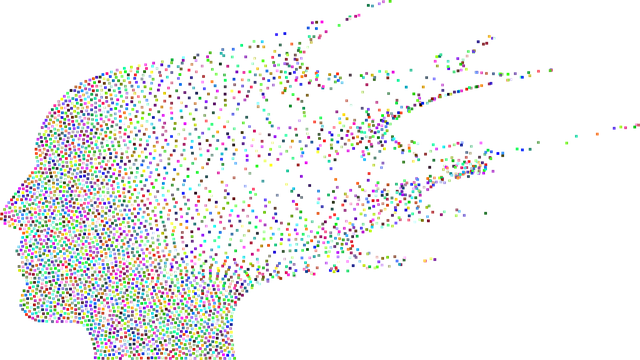Northglenn Anger Management Therapy offers a holistic self-care approach, combining emotional regulation strategies with cultural sensitivity training. By prioritizing stress management through mindfulness, relaxation techniques, and physical health practices, individuals can improve their mental well-being. This comprehensive program helps Northglenn residents build resilience, enhance relationships, and navigate life's challenges effectively, all while fostering community connections.
Self-care is an essential aspect of maintaining mental well-being, and Northglenn Anger Management Therapy offers valuable insights. This article explores strategies for enhancing self-care practices, focusing on both mental and physical health. We’ll discuss how identifying personal stressors and triggers can lead to better coping mechanisms. Discover the power of mindfulness, relaxation techniques, exercise, nutrition, and sleep to create a calm daily routine. Additionally, we’ll delve into building resilience through effective self-care, providing a comprehensive guide tailored to Northglenn Anger Management Therapy perspectives.
- Understanding Self-Care and its Impact on Mental Well-being
- Identifying Personal Stressors and Triggers: A Northglenn Anger Management Therapy Perspective
- Incorporating Mindfulness and Relaxation Techniques for Daily Calm
- Nurturing Physical Health: Exercise, Nutrition, and Sleep Strategies
- Building Resilient Coping Mechanisms: Beyond Self-Care in Northglenn
Understanding Self-Care and its Impact on Mental Well-being

Self-care is a fundamental aspect of maintaining good mental health and overall well-being. It involves intentional actions taken to nurture and support one’s physical, emotional, and psychological needs. By prioritizing self-care, individuals can enhance their resilience, improve coping mechanisms, and foster a positive sense of self. This practice isn’t merely an indulgent act; it is a necessary tool for managing stress, anxiety, and even anger effectively. Northglenn Anger Management Therapy, for instance, often emphasizes the importance of self-care as a key component in helping individuals regulate their emotions and improve interpersonal relationships.
Understanding the impact of self-care on mental well-being can be life-changing. It encourages a proactive approach to personal growth and fosters a sense of control over one’s life. Activities like mindfulness meditation, which is a powerful tool in Mental Health Policy Analysis and Advocacy, have been shown to reduce symptoms of depression and anxiety. Additionally, confidence-boosting practices such as setting achievable goals, engaging in enjoyable hobbies, and prioritizing quality sleep contribute to an individual’s overall mental health and can be easily integrated into daily routines.
Identifying Personal Stressors and Triggers: A Northglenn Anger Management Therapy Perspective

In Northglenn Anger Management Therapy, we emphasize identifying personal stressors and triggers as a foundational step in self-care practices improvement. Understanding what elicits anger or stress is crucial for developing effective coping strategies. Our therapists work closely with clients to explore various aspects of their lives, including relationships, work environments, and cultural influences, to uncover unique triggers. By recognizing these catalysts, individuals can begin to manage their responses more proactively, leading to enhanced emotional well-being.
Cultural sensitivity in mental healthcare practice is a key aspect we incorporate into our approach. We acknowledge that everyone’s experience of stress and anger is shaped by their individual backgrounds and cultural contexts. Therefore, our Healthcare Provider Cultural Competency Training equips both therapists and clients with the knowledge and skills to navigate these complexities. Through this training, we ensure that mental health education programs design inclusive strategies, catering to diverse populations, ultimately fostering more effective self-care practices.
Incorporating Mindfulness and Relaxation Techniques for Daily Calm

Incorporating mindfulness and relaxation techniques into your daily routine can significantly contribute to a calmer and more balanced life, especially in cities like Northglenn where managing stress is essential for overall well-being. Anger Management Therapy, for instance, often emphasizes the use of these practices to help individuals navigate intense emotions. By dedicating a few minutes each day to mindfulness exercises, you can foster resilience building and enhance your ability to cope with life’s challenges. Simple techniques like deep breathing, meditation, or mindful walking can effectively reduce stress levels and boost confidence.
Stress Management Workshops Organization often highlights the power of these practices in promoting mental health. Regularly engaging in relaxation strategies allows for better stress management, enabling individuals to maintain a sense of calm amidst chaos. This, in turn, can lead to improved relationships, increased productivity, and a heightened sense of self-awareness—all valuable aspects of personal growth.
Nurturing Physical Health: Exercise, Nutrition, and Sleep Strategies

Taking care of our physical health is a cornerstone of overall well-being and can significantly impact our mental state and daily functioning. For residents of Northglenn seeking to enhance their self-care routines, implementing simple yet effective strategies can make a world of difference. Regular exercise, for instance, not only improves cardiovascular health but also boosts mood and reduces stress levels, offering an accessible way to manage anger and maintain emotional balance.
Nutrition plays another vital role in physical and mental wellness. Fueling our bodies with nutritious foods enhances energy levels, cognitive function, and overall resilience. Adequate sleep, often overlooked but crucial, allows for the restoration of both mind and body. Combining these practices—exercise, mindful eating, and sufficient rest—can empower individuals to take control of their health and complement any therapy or counseling they may be undergoing, such as Northglenn Anger Management Therapy, by fostering better communication strategies and conflict resolution techniques, even in challenging situations. Additionally, keeping a mental wellness journal can provide guidance for tracking progress and identifying areas that need further attention.
Building Resilient Coping Mechanisms: Beyond Self-Care in Northglenn

In Northglenn, beyond the conventional self-care practices, there’s a growing emphasis on building resilient coping mechanisms through innovative programs like Anger Management Therapy. This approach goes beyond individual wellness, focusing on fostering mental fortitude to navigate life’s challenges. By participating in such initiatives, residents are equipped with effective strategies to manage stress, anger, and other emotions, thereby enhancing their overall resilience.
The integration of positive thinking and community outreach program implementation plays a pivotal role in this process. Northglenn’s Anger Management Therapy not only provides tools for emotional regulation but also encourages participants to actively contribute to their communities. This dual focus on personal growth and collective well-being creates a supportive environment where individuals can build coping skills while fostering social connections, ultimately leading to more robust mental health outcomes. Additionally, risk assessment for mental health professionals is a critical component ensuring that these programs are both safe and effective for all involved.
Incorporating self-care practices like mindfulness, relaxation, physical health nurturing, and resilient coping mechanisms, as highlighted by Northglenn Anger Management Therapy, can significantly enhance mental well-being. By understanding personal stressors, adopting calming techniques daily, and prioritizing exercise, nutrition, and sleep, individuals can navigate life’s challenges more effectively. These strategies not only promote resilience but also foster a sense of balance and overall happiness, ultimately leading to a healthier, more fulfilling life in Northglenn and beyond.


